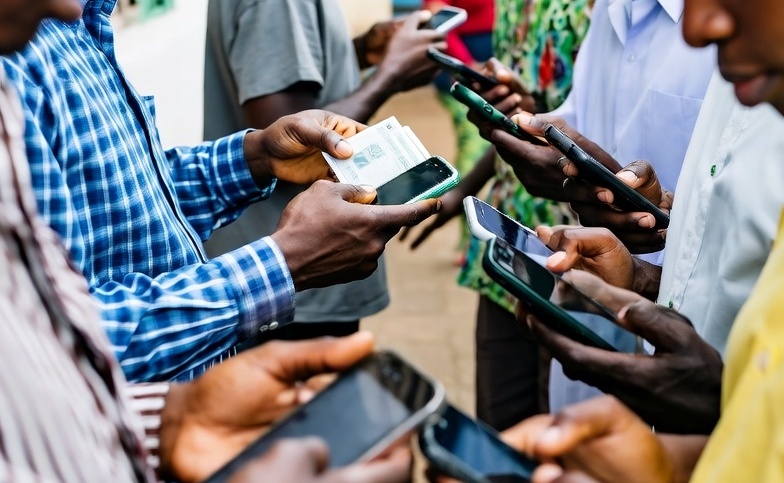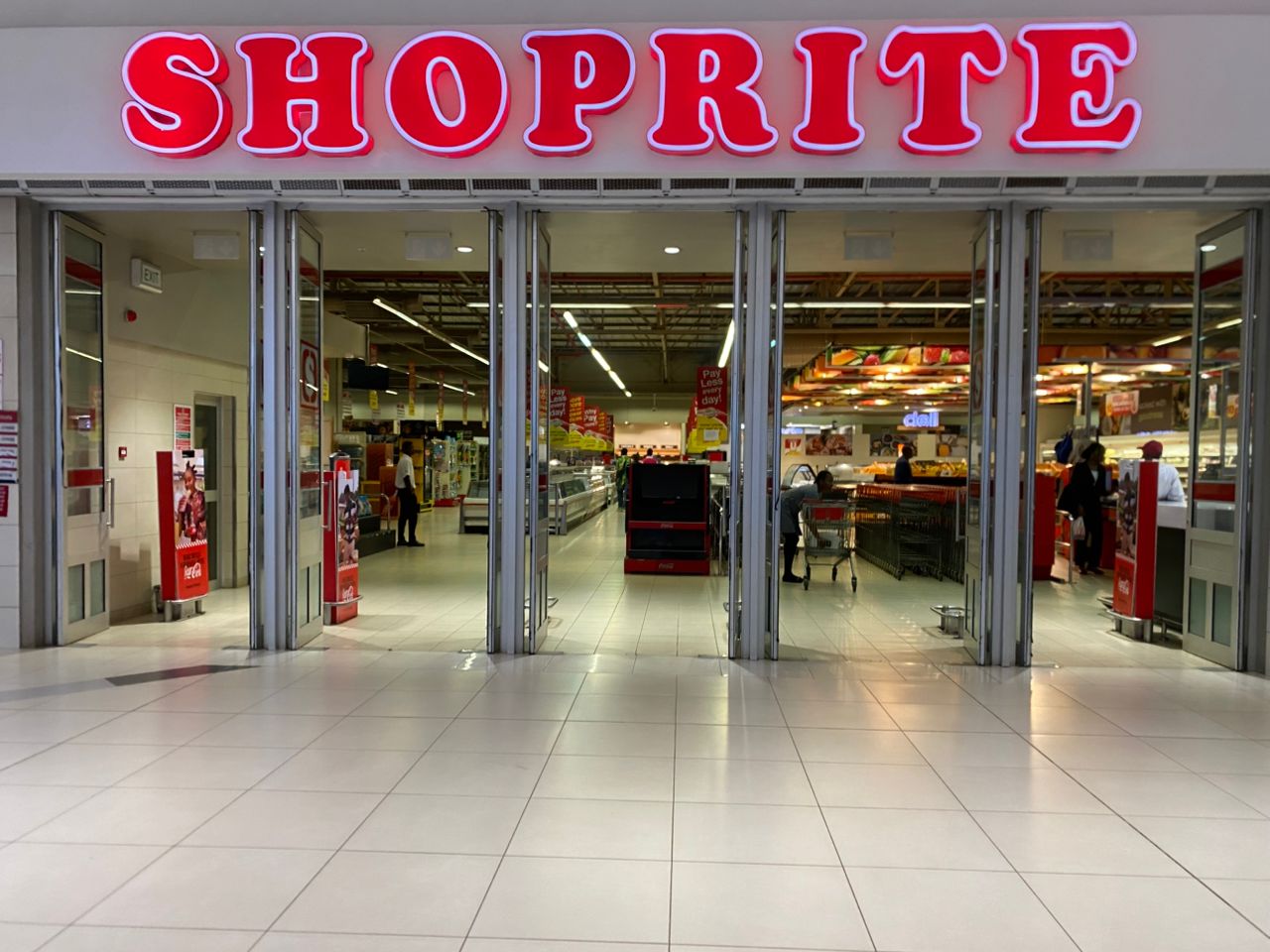Building on the success of its eighth edition, which illuminated groundbreaking achievements across Africa’s ICT and digital economy landscape, the Tech Innovation Awards (TIA) announces the launch of its ninth annual event.
The awards ceremony is slated for November 29, 2025, at the Oriental Hotel in Victoria Island, Lagos.
The TIA event will recognize and celebrate Africa’s foremost innovators, policymakers, and industry titans. It is designed to honor those who are propelling the continent’s digital transformation through cutting-edge technologies and forward-thinking solutions in telecom, AI, fintech, and beyond.
Organized by the InstinctWave Group in partnership with Digital Economy Magazine, the 9th TIA highlights Nigeria’s pivotal role as a hub for technological advancement. The organizers invite submissions from organizations, individuals, teams, and government entities with operations across Africa.
With a rigorous selection process ensuring merit-based recognition, the awards spotlight innovations that enhance connectivity, foster economic inclusion, and drive sustainable growthaligning seamlessly with Africa’s Agenda 2063 and the global push for equitable digital access.
The award event proudly introduces a dynamic lineup of categories designed to spotlight excellence across Africa’s transformative tech landscape, reinforcing the continent’s leadership in sustainable and inclusive innovation:
Sustainable Innovation: Categories such as Best Bank in Sustainability and Innovative Renewable Energy Provider of the Year honor organizations championing eco-friendly practices.
Financial Inclusion: The Financial Inclusion Bank of the Year and Cross-border Fintech Solution Award recognize trailblazers expanding access to financial services.
Ingenuity & Infrastructure: The Technology Person of the Year and Innovative Tech Delivery Company of the Year celebrate individual and corporate ingenuity. These are complemented by Connectivity & Cloud Services Company of the Year and Digital Bank of the Year, which highlight advancements in digital infrastructure.
Key Sector Transformation: Additionally, AgriTech Innovation of the Year and Innovative Shipping Company of the Year highlight the critical role of technology in revolutionizing agriculture and logistics sectors vital to Africa’s economic growth and global competitiveness.
Past editions have not only celebrated luminaries but also catalyzed collaborations that have scaled startups into regional powerhouses, amplified underrepresented voices in tech, and attracted billions in investments to Africa’s digital infrastructure.
Akin Naphtal, Chief Executive Officer of InstinctWave Group, shared his views: “The Tech Innovation Awards have consistently served as a beacon for Africa’s burgeoning digital economy, where groundbreaking ideas not only receive the recognition they deserve but also ignite collaborative ecosystems. As we gear up for the 9th edition, we are more committed than ever to fostering an inclusive platform that empowers diverse innovators to tackle pressing challenges in telecom, AI, and sustainable tech, ensuring Nigeria leads the charge in the global innovation narrative.”
Group Publisher of Digital Economy Magazine, emphasized the event’s transformative potential: “Through the TIA platform, we have witnessed how visionary leaders and organizations, armed with audacious technologies, are dismantling barriers to digital inclusion and economic empowerment in Africa, turning Lagos into a veritable Silicon Savannah that rivals the world’s foremost tech hubs. For the 9th awards, we invite all trailblazers to submit their stories of resilience and ingenuity, knowing that this celebration will not only honor excellence but also blueprint the next wave of investments and policies that will redefine our continent’s technological destiny for generations to come.”



